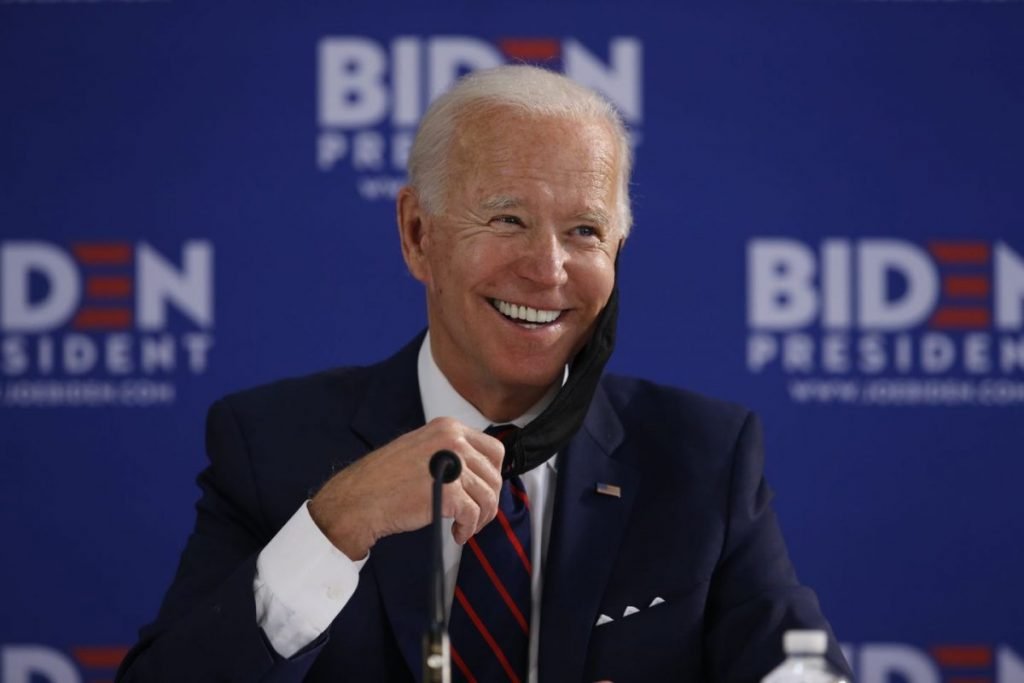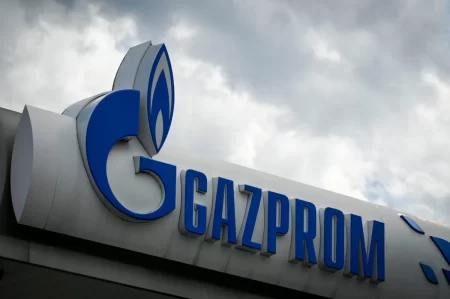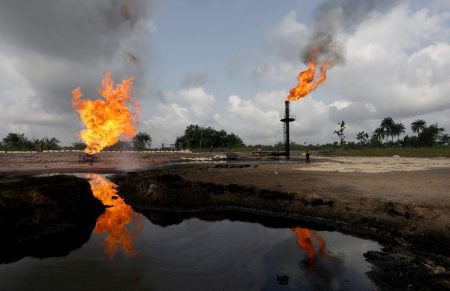
Brussels — European Union energy ministers locked horns on Thusday over a proposed gas price cap at 275 euros per megawatt hour (MWh), grappling over its effectiveness at that level and the impact on supplies and incentives to cut consumption.
The long-standing disagreements were holding up other policies to alleviate the acute energy crisis, such as the launch of joint EU gas purchases and a quicker permit process for renewables.
Belgium’s Energy Minister Tinne Van der Straeten also chimed in, telling reporters: “The text that is on the table is unsatisfactory (…) it doesn’t clearly say if it will have an effect on prices.”
Their Greek counterpart, Konstantinos Skrekas said a cap of 150-200 euros/MWh would be realistic.
“It could help us reduce gas prices and therefore reduce electricity prices, which is a major challenge in Europe this winter,” he said.
Malta was also unhappy with the proposed ceiling. Energy minister Miriam Dalli said the strict conditions needed for the mechanism to kick in made it “next to impossible”.
NO AGREEMENT
But stiff opposition comes from a smaller but powerful camp led by Germany, the EU’s biggest economy. Together with the Netherlands, Sweden, Austria and Finland, they say a cap could shift supply elsewhere and cut incentives to lower consumption.
The Commission proposed to limit the front-month price on the Netherlands’ Title Transfer Facility (TTF) gas exchange if it exceeds 275 euros/MWh for two weeks and if the price is more than 58 euros higher from a liquefied natural gas (LNG) global reference for 10 consecutive trading days.
Dutch minister Rob Jetten was highly critical of the plan.
“The proposal is flawed,” he said. “There is a lot of risk for damaging the energy security of supply, and also for stability of the financial markets.”
German state secretary for climate, Sven Giegold, added: “We still have a lot of work to do.”
The Estonian minister was the only one to say the plan was “OK, pretty much” as a temporary measure and only to address extreme price increases rather than a permanent solution.
The EU has approved a series of measures to mitigate the crisis in recent months, ranging from consumption savings to windfall taxes to claw back profits from energy producers. But the issue of whether and how to cap gas prices has split the bloc.
Ukraine’s energy minister was also due to dial in, according to an EU diplomat, to discuss support for his country where the Russian war destroyed civilian infrastructure and incapacitated power and heating systems as winter cold sets in.
Follow us on twitter



